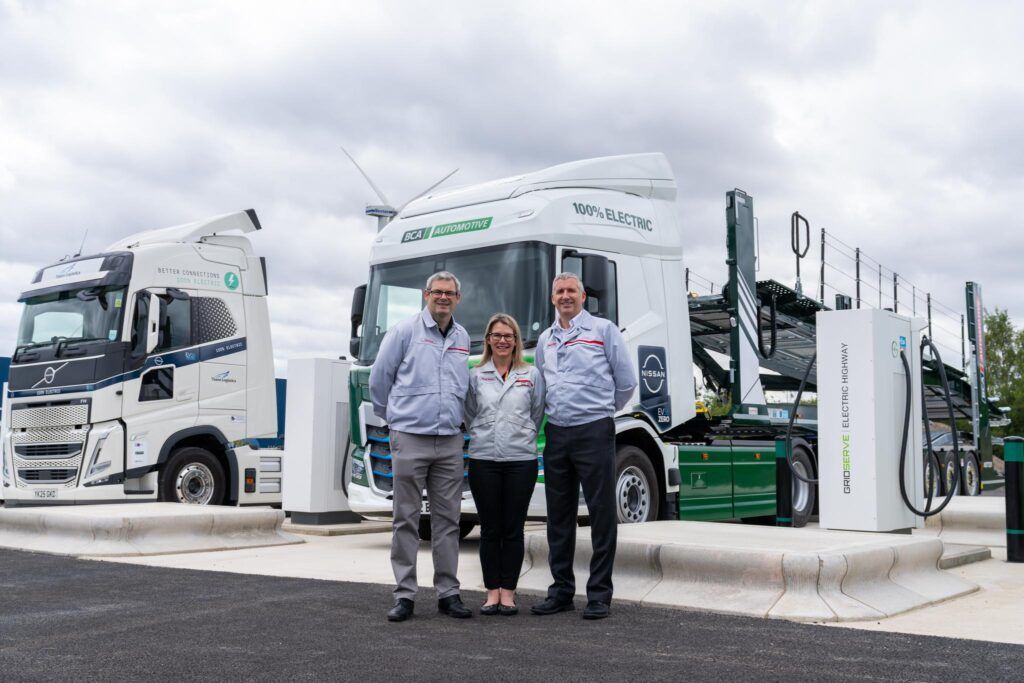Chancellor Kwasi Kwarteng will outline plans to speed up the delivery of around 100 major infrastructure projects across the transport, energy and digital sectors today (23 September).
He will announce The Growth Plan – a major package of over 30 measures to tackle high energy bills, drive down inflation and cut taxes to drive growth, while maintaining responsible public finances.
The Chancellor will also set out an ambitious package of measures, including new legislation, to accelerate the delivery of around 100 major infrastructure projects across the country. The Growth Plan will set out the infrastructure projects that the government will prioritise for acceleration.
According to the Government, the development, consultation and consent for a large road scheme takes an average of 5 to 7 seven years, while some offshore wind farms can take up to 13 years from development to deployment and other projects require 34,000 pages of documentation.
The Norfolk Vanguard wind farm, a 1.8GW-wind farm project located in the off the coast of Norfolk that will power almost 2 million homes, took almost 4 years to go through just the planning stages and faced a legal challenge over the visual impact of the scheme delaying the development consent by a further year.
The Junction 10A of the M20, an international route which is used by large volumes of heavy goods and holiday traffic, took seven and a half years from the review of the preferred scheme to be granted planning permission due to delays in the planning system.
The Chancellor will set out plans to reverse this trend speeding up projects including new roads and railways, by reducing the burden of environmental assessments in the consultation process and reforming habitats and species regulations, driving the UK’s economic growth.
Legislation will be brought forward in the coming months to address barriers to delivery by reducing unnecessary burdens to speed up the delivery of vital infrastructure.
These reforms are part of the government’s effort to accelerate projects vital to securing energy security, such as 6GW capacity of offshore wind power and support other nationally significant infrastructure such as Hinkley Point C and Sizewell C, A417 Air Balloon and Project Gigabit.
The Chancellor is expected to say: “The time it takes to get consent for nationally significant projects is getting slower, not quicker, while our international competitors forge ahead. We have to end this. To support growth right across the country, we need to go further, with targeted action in local areas.
“We will liberalise planning rules in specified agreed sites, releasing land and accelerating development. And we will cut taxes, with businesses in designated sites enjoying the benefit of generous tax reliefs”.
The Chancellor is also expected to announce that the government is in discussion with 38 local and mayoral combined authority areas in England including West Midlands, Tees Valley, Somerset and Hull to set up new Investment Zones in specific sites within their area.
Under a brand-new initiative, each Investment Zone will “offer generous, targeted and time-limited tax cuts for businesses, backing them to increase productivity and create new jobs”. According to the Government, this could encourage investment in new shopping centres, restaurants, apartments and offices – creating thriving new communities.
These areas will also benefit from further liberalised planning rules to release more land for housing and commercial development, and reforms to increase the speed of delivering development.
It will include reforms to environmental regulation and streamlined local and national planning policies, for example removing height restrictions on development, so that Investment Zones can bring forward more development – including housing and commercial sites – at the pace needed to boost growth.
Time-consuming negotiations between councils and developers for each project over affordable housing contributions will be scrapped. This will be replaced with a set percentage of affordable homes, whilst ensuring communities get the infrastructure they want and need.
Investment Zones will only be established with support from local leaders. The government will work closely with areas to develop tailored proposals that support their ambitions and deliver benefits for local residents.
The Government will work in partnership with Devolved Administrations and local partners in Scotland, Wales and Northern Ireland to deliver Investment Zones.
Image courtesy of Shutterstock.















